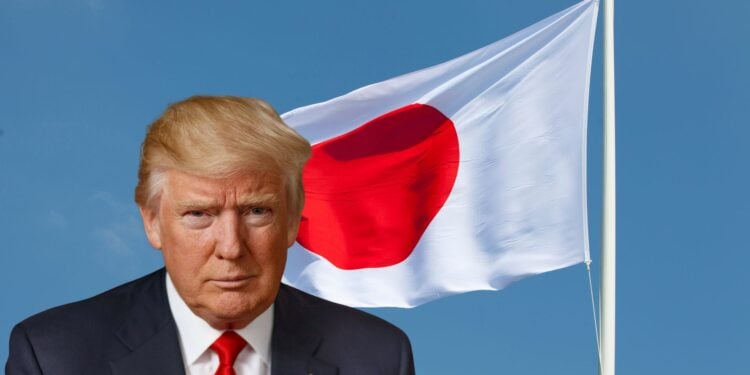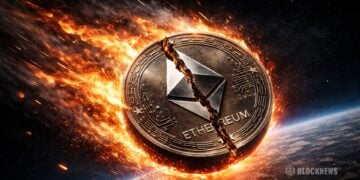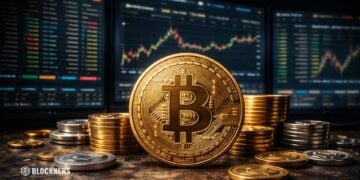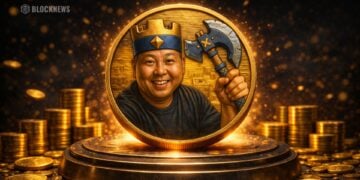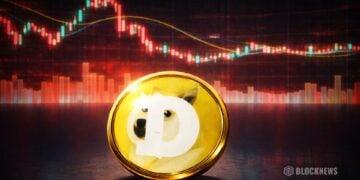- Trump says he struck a massive trade deal with Japan—$550B investment and 15% tariffs on exports.
- Japan confirmed the deal, with car tariffs set to drop and more trade access for U.S. goods.
- Political tension rises in Japan as Prime Minister Ishiba’s future may hinge on how the deal plays out.
In typical Trump fashion, the former president jumped on Truth Social Tuesday with a bold claim—he says he just landed the “largest Deal ever” with Japan. According to him, the agreement includes “reciprocal” 15% tariffs slapped on Japanese goods headed to the U.S.
But that’s not all. Trump also boasted that Japan plans to pour $550 billion into the American economy, and, get this—the U.S. would get “90% of the Profits.” Yeah, he capitalized that.
He went on to say Japan’s cracking open its market for American cars, trucks, rice, and “other things,” whatever those may be. The former president added that the deal would spark “Hundreds of Thousands of Jobs.” Big promises, no surprise there.
Japan Responds, Trade Talks Broaden
Soon after Trump’s post, Japan’s trade chief, Ryosei Akazawa, chimed in with a message on X. He thanked those involved and even threw in a “#MissionAccomplished,” per Google’s translation of his Japanese remarks.
Later in a speech, Trump mentioned another deal, this one tied to liquefied natural gas. He teased a Europe deal “coming in tomorrow” but didn’t really explain what that meant. Classic cliffhanger move.
One economist, Brian Jacobsen of Annex Wealth Management, told CNBC that “a year ago, that level of tariffs would be shocking. Today, we breathe a sigh of relief.” So… mixed feelings, apparently.
Tariff Cuts and Political Fallout in Japan
According to NHK, Japan’s national broadcaster, the auto tariffs are getting knocked down to 15% from the previous 25%. That’s huge, considering car exports are a big part of Japan’s economy—nearly a third of their total exports last year, to be exact.
Trump had earlier warned Japan of a 25% tariff hike, effective August 1. That was one percent higher than his “Liberation Day” tariffs announced back in April. So this sudden reversal? Big shift.
Meanwhile, back in Japan, Prime Minister Shigeru Ishiba’s facing heat. His ruling coalition just lost control of the upper house, and analysts say a solid U.S. deal might be the political life raft he needs.
HSBC analysts wrote that such a deal could “stave off a no-confidence motion or internal challenge” from Ishiba’s own party. According to a local Japanese report, Ishiba’s thinking about whether to stay in office based on how these tariff talks pan out. Tough week for him.


